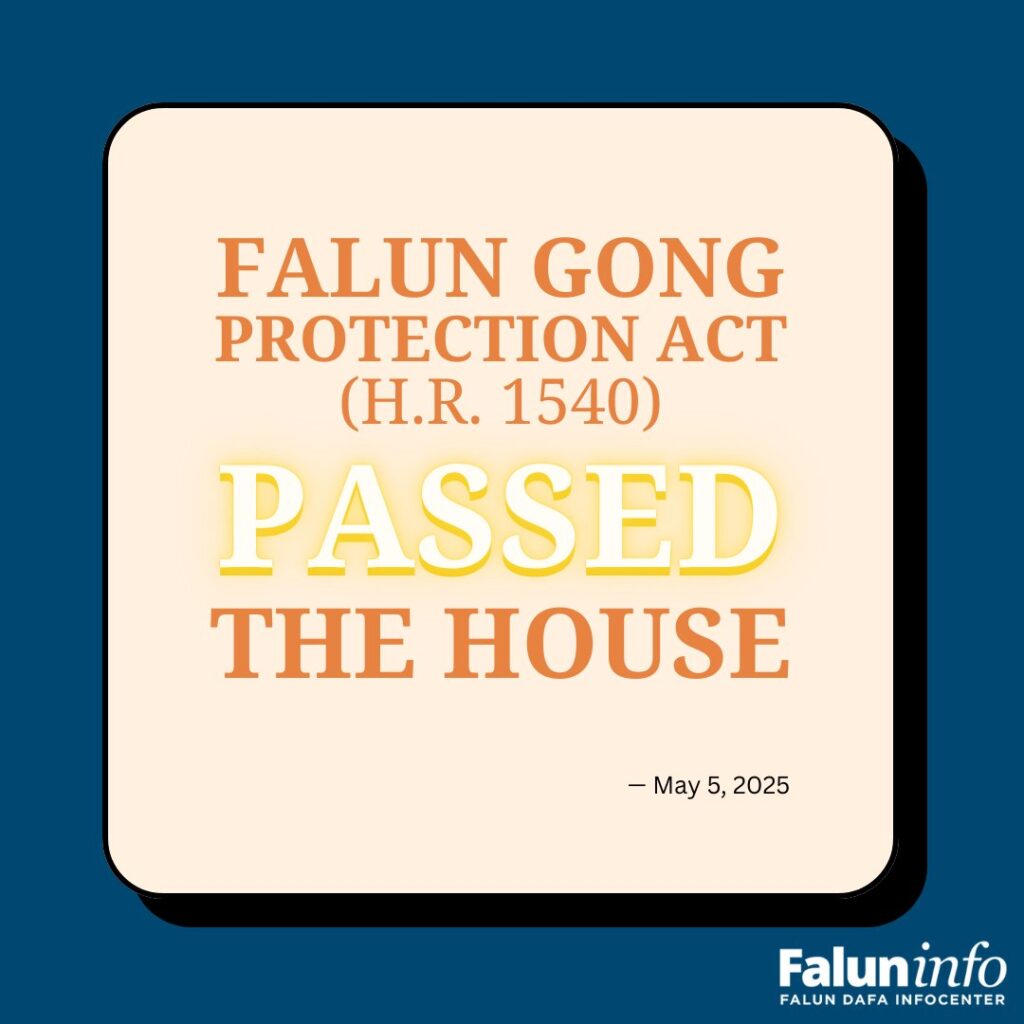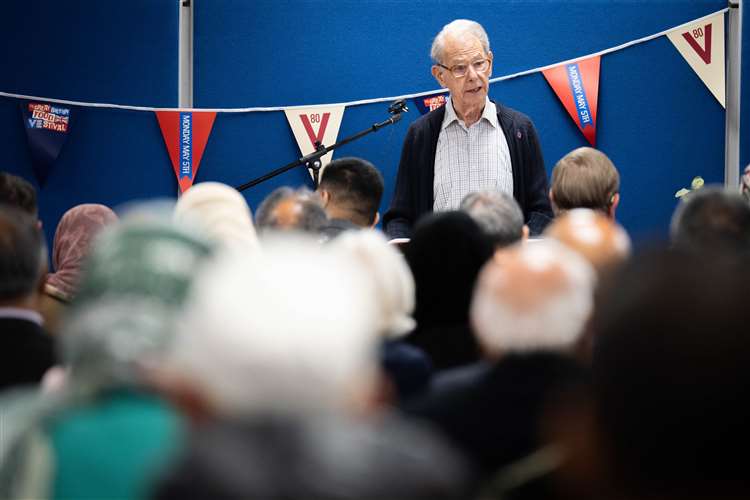This is our first-ever weekly highlights (or lowlights) of global religious freedom news.
1
Nigerian Christian Leaders Declare ‘Enough Is Enough’ Amid Escalating Attacks

In a powerful statement this week, a coalition of Nigerian Christian organizations, operating under the banner “Joint Christian Body against Insecurity in Nigeria,” called on believers to stand up against ongoing persecution.
This declaration follows a series of violent incidents, including attacks during Holy Week in Plateau and Benue States, where Fulani militants reportedly killed approximately 170 individuals.
Archbishop Ignatius Kaigama of the Abuja archdiocese said, “Self-defense is natural justice. You can’t just sit there, and somebody comes to kill your family, and you say they are not protecting you. You must rise up and protect yourself and your communities against these bloodthirsty criminals.”
According to @OpenDoorsUK , Nigeria is the deadliest place on earth to be a Christian.
2
Vietnam Hosts UN Vesak Celebration Amid Scrutiny of Religious Freedom Record
This week, Vietnam hosted the @UN Day of Vesak, welcoming over 1,200 delegates from more than 80 countries to promote peace and human dignity. Meanwhile, at least 81 individuals remain imprisoned in Vietnam for peacefully practicing their religion, according to the U.S. Commission on International Religious Freedom.
Many belong to unregistered communities such as Montagnard Christians, Hmong Protestants, and independent Buddhists.
While the Vesak conference emphasized unity and compassion, several of these prisoners are reported to be in poor health without adequate medical care.
As Vietnam campaigns for a seat on the UN Human Rights Council, human rights advocates continue to raise concerns over the enforcement of its Law on Belief and Religion.

3
Arrest of Baha’i Leader in Qatar Raises Alarms Over Religious Freedom and Iranian Influence

Remy Rowhani, a senior figure in Qatar’s small Baha’i community, was detained in Doha without formal charges, prompting concern from rights advocates.
While Qatar has generally maintained a reputation for cautious religious tolerance, Rowhani’s arrest has drawn attention because it may reflect growing Iranian influence on Qatari domestic policy, particularly as the two countries strengthen diplomatic and economic ties.
Analysts are watching to see how this affects Qatar’s global image: the country has positioned itself as a mediator in international conflicts and a host for global events, yet this incident could undermine its credibility on human rights and religious freedom, particularly in Western diplomatic circles.
4
India’s Waqf Law Faces Legal Challenge Amid Religious Freedom Concerns
This week, India’s Supreme Court agreed to hear a constitutional challenge to the Waqf (Amendment) Act, 2025, a new law that critics say threatens the religious autonomy of Indian Muslims.
Waqf refers to property donated for religious or charitable use in Islam—such as mosques, schools, or cemeteries—administered by Waqf Boards.
The All India Muslim Personal Law Board, joined by multiple civil rights groups, argues the new law undermines the community’s ability to manage its own religious assets and violates constitutional protections under Articles 25 and 26. These groups also allege the law was passed through a flawed legislative process.
India is governed by the Hindu nationalist Bharatiya Janata Party (BJP), whose policies critics say increasingly marginalize religious minorities. The outcome could have major implications for religious freedom, minority rights, and the balance of secularism in the world’s largest democracy.
https://apnews.com/article/india-muslim-endowments-waqf-parliament-4fb3ce70dbd2e579bccc43ce1e245f6d

5
U.S. Congress Passes Bill Targeting China’s Persecution of Falun Gong Practitioners

In a bipartisan move this week, the U.S. House of Representatives passed the Falun Gong Protection Act, condemning the Chinese Communist Party for its long-running persecution of Falun Gong adherents.
Falun Gong—a spiritual movement blending meditation and moral teachings—has been brutally suppressed in China since 1999, with widespread reports of detention, torture, and forced organ harvesting.
The bill authorizes sanctions against Chinese officials involved in these abuses and signals growing congressional alignment on religious freedom as a foreign policy priority.
Good News Bonus: UK Interfaith VE Day Celebration
Good News Bonus: UK Interfaith VE Day Celebration
An uplifting display of interfaith harmony took place in Woking, England, where the UK’s oldest mosque hosted a V-E Day 80th anniversary ceremony honoring the contributions of diverse faiths in World War II.
A Holocaust survivor was a guest of honor and joined British Muslims, Christians, and others in remembering history’s lessons—stressing the “absolutely vital” need for unity and understanding across religious lines.
The event highlighted the often-overlooked role of 1.5 million Muslim soldiers who fought in WWII, while fostering friendship between faith communities.

Thanks for following along with this week’s #FirstFreedomFive. We believe that staying informed is a powerful way to stand with people of all faiths, everywhere. Because the only thing worse than persecution is when it happens unnoticed–and unopposed. Please follow
@FirstFreedomOrg for weekly updates—both the hard truths and the hopeful signs—from all around the world.
